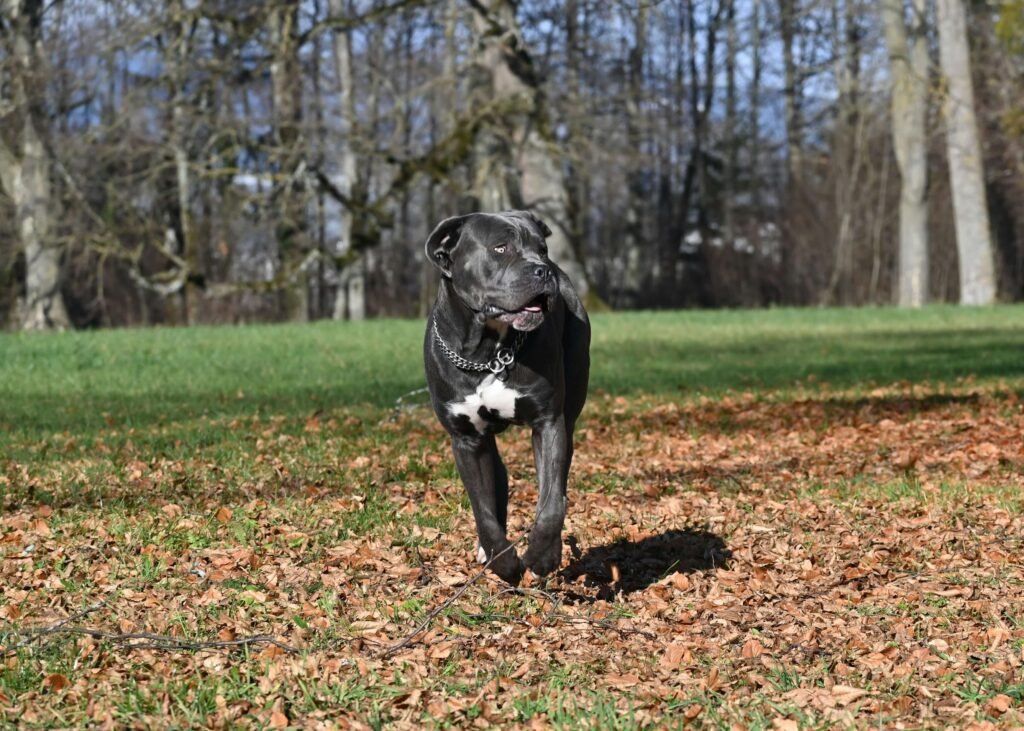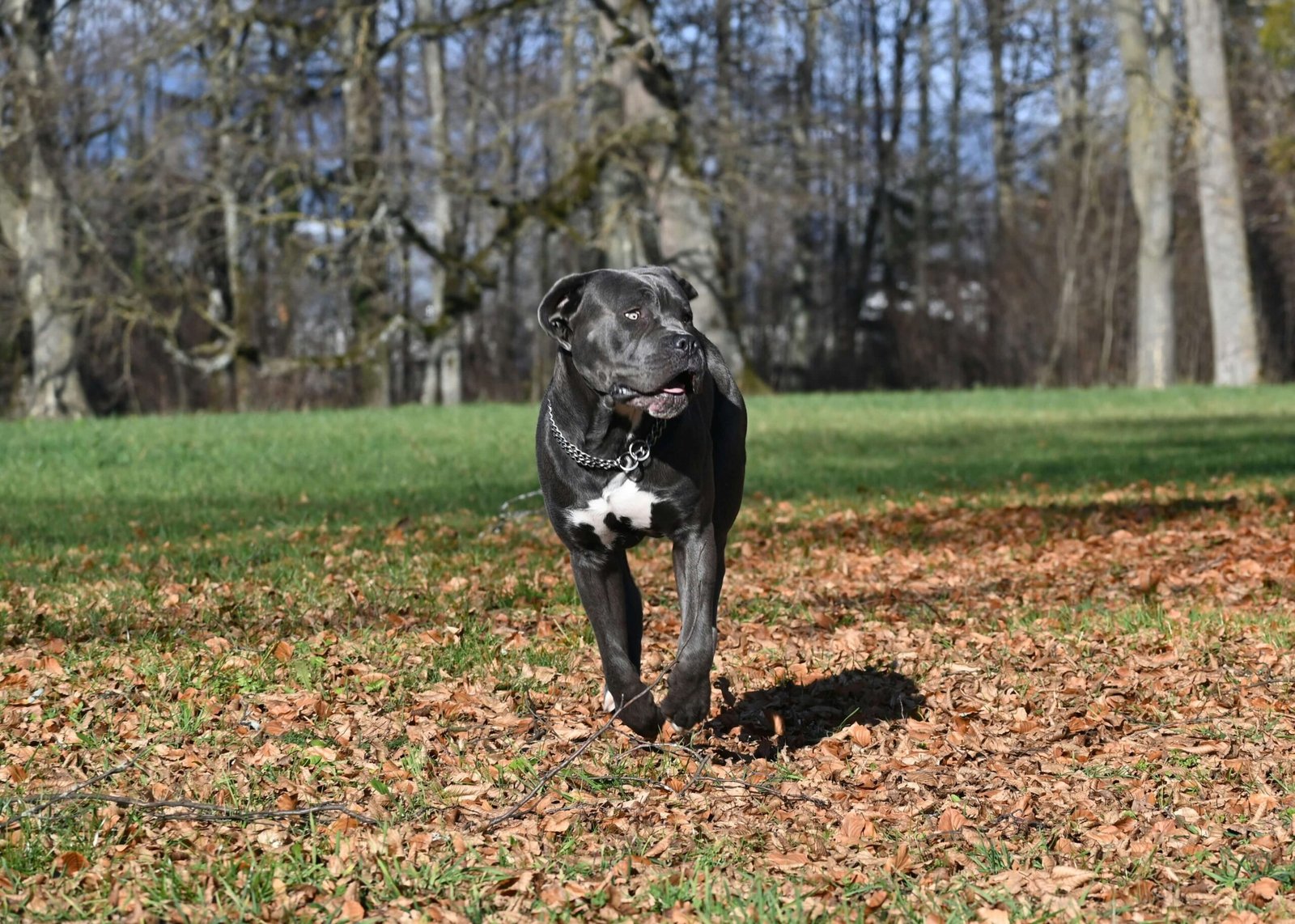Why Does My Dog Poop So Much?
If you’ve ever wondered why your dog seems to produce an endless stream of poop, you’re not alone. Many pet owners are surprised by the frequency and volume of their furry friend’s bowel movements. While some level of variation is normal, excessive pooping can sometimes signal underlying issues that need attention. Factors like diet, activity level, and overall health play a significant role in determining how much your dog poops. In this blog post, we’ll explore the reasons behind frequent pooping, offer practical tips for managing it, and help you determine whether it’s time to consult your veterinarian.
Common Reasons Why Dogs Poop Frequently
Understanding why your dog poops so much starts with identifying common factors that influence their digestive system. Here are some key reasons your dog may be producing more poop than usual.
High-Fiber Diet:
Foods rich in fiber can increase stool volume as they pass through the digestive tract largely undigested.Overeating or Overfeeding:
Consuming more food than necessary leads to excess waste production, as the body eliminates what it doesn’t need.Low-Quality Food:
Poor-quality ingredients in dog food often contain fillers that aren’t fully absorbed, resulting in larger, more frequent stools.Food Intolerances or Allergies:
Some dogs struggle to digest certain ingredients, leading to digestive upset and increased bowel movements.Increased Activity Levels:
Active dogs may eat more to fuel their energy needs, which naturally results in more poop.
By addressing these factors, you can better manage your dog’s digestive health and reduce excessive pooping.

Signs Your Dog’s Pooping Habits May Indicate a Problem
While occasional changes in your dog’s poop frequency are normal, certain signs could indicate an underlying issue. Keep an eye out for these red flags that suggest something might be wrong.
Diarrhea or Loose Stools:
Frequent loose stools can signal dietary indiscretion, infection, or gastrointestinal disorders.Excessive Straining:
If your dog appears to strain while pooping, it could indicate constipation or a blockage requiring veterinary attention.Changes in Stool Color or Consistency:
Unusual colors (e.g., black, white, or green) or textures may point to digestive problems or nutrient absorption issues.Frequent Accidents Indoors:
A house-trained dog suddenly pooping indoors may be experiencing stress, illness, or dietary changes.Weight Loss or Lethargy:
If your dog is losing weight or seems unusually tired alongside frequent pooping, it could signify a more serious condition.
Recognizing these symptoms early allows you to seek timely veterinary care and ensure your dog stays healthy.
Check this guide 👉Why Is My Pregnant Dog Pooping in the House? Best 7 Tips!
Check this guide 👉What Kind of Worms Are in Dog Poop? Best 7 Expert Tips!
Check this guide 👉Dog Poop DNA Testing Cost: Best 7 Expert Tips!
Factors That Increase Pooping Frequency | Ways to Reduce Excessive Pooping |
|---|---|
High-fiber diet | Switch to a balanced, moderate-fiber food |
Overfeeding | Measure portions and avoid free-feeding |
Low-quality ingredients | Choose premium, easily digestible dog food |
Food intolerances | Identify and eliminate trigger ingredients |
Lack of exercise | Incorporate daily walks and playtime |
How to Improve Your Dog’s Digestive Health
Promoting good digestive health is essential for reducing excessive pooping and ensuring your dog feels their best. These tips can help you support their gut and overall well-being.
Feed a Balanced Diet:
Opt for high-quality dog food that provides the right mix of protein, fat, and carbohydrates tailored to your dog’s age and activity level.Introduce Probiotics:
Probiotic supplements can improve gut flora, aiding digestion and reducing irregular bowel movements.Monitor Treat Intake:
Limit treats and ensure they’re made from wholesome ingredients to avoid overwhelming your dog’s digestive system.Provide Fresh Water:
Hydration is crucial for proper digestion. Ensure your dog has access to clean water at all times.Establish a Routine:
Feeding your dog at consistent times each day helps regulate their digestive system and bowel habits.
By implementing these strategies, you can create a healthier routine for your dog and minimize excessive pooping.
When to Consult a Veterinarian About Your Dog’s Pooping Habits
While occasional changes in your dog’s poop patterns are usually harmless, persistent issues warrant professional evaluation. Here’s when you should seek veterinary advice.
Sudden Increase in Poop Volume:
If your dog’s pooping habits change dramatically without explanation, it’s worth investigating further.Blood or Mucus in Stool:
The presence of blood or mucus indicates potential infections, parasites, or inflammatory conditions.Unexplained Weight Loss:
Significant weight loss alongside frequent pooping could signal malabsorption or other serious health concerns.Persistent Diarrhea or Constipation:
Chronic digestive issues require veterinary intervention to identify and treat the root cause.Behavioral Changes:
If your dog seems unusually lethargic, anxious, or uninterested in food, it may be linked to their digestive health.
Timely veterinary care ensures your dog receives the treatment they need to thrive.
Tips for Transitioning Your Dog’s Diet
Switching your dog’s diet can significantly impact their pooping habits. Done correctly, it can lead to healthier digestion and fewer bowel movements.
Gradual Transition:
Slowly introduce new food over 7-10 days to avoid upsetting your dog’s stomach.Choose Easily Digestible Ingredients:
Select foods with simple, high-quality ingredients that are gentle on the digestive system.Avoid Sudden Changes:
Abrupt dietary shifts can cause diarrhea or vomiting, increasing poop frequency temporarily.Monitor for Reactions:
Watch for signs of intolerance, such as gas, bloating, or loose stools, during the transition period.Consult Your Vet:
Before making major dietary changes, ask your vet for recommendations tailored to your dog’s needs.
A smooth dietary transition supports better digestion and reduces excessive pooping.
The Role of Exercise in Digestive Health
Physical activity plays a vital role in maintaining your dog’s digestive health and regulating their pooping habits.
Promotes Regular Bowel Movements:
Exercise stimulates the digestive tract, helping your dog eliminate waste more efficiently.Reduces Bloat Risk:
Active dogs are less likely to experience bloat, a condition that affects digestion and stool production.Burns Off Excess Energy:
Dogs with pent-up energy may overeat, leading to increased poop output.Encourages Outdoor Potty Breaks:
Regular walks give your dog opportunities to relieve themselves outside rather than indoors.Strengthens Overall Health:
A fit dog is less prone to obesity and related digestive issues that contribute to excessive pooping.
Exercise is a simple yet effective way to manage your dog’s pooping habits naturally.
Common Parasites That Cause Excessive Pooping
Parasites are a common culprit behind frequent pooping in dogs. Identifying and treating these invaders is crucial for restoring your dog’s digestive health.
Roundworms:
These intestinal parasites consume nutrients, leading to malnutrition and increased stool production.Hookworms:
Hookworms attach to the intestinal lining, causing irritation and loose stools.Giardia:
This protozoan parasite often causes diarrhea and greasy-looking stools in infected dogs.Whipworms:
Whipworm infestations result in bloody stools and frequent pooping due to colon inflammation.Tapeworms:
Visible segments in your dog’s poop or around their anus indicate tapeworms, which disrupt digestion.
Prompt deworming and preventive care can eliminate these pests and restore your dog’s digestive balance.
FAQ
Is it normal for my dog to poop multiple times a day?
Yes, it’s normal for most dogs to poop 1-3 times daily, depending on their diet and activity level. However, excessive pooping may warrant further investigation.
Can stress cause my dog to poop more frequently?
Absolutely. Stress and anxiety can upset your dog’s digestive system, leading to increased bowel movements.
Should I change my dog’s diet if they poop too much?
If your dog’s pooping habits seem abnormal, consider consulting your vet before making dietary changes. They can recommend the best course of action.
How can I tell if my dog’s frequent pooping is a health issue?
Look for signs like diarrhea, blood in stool, straining, or sudden changes in frequency. These symptoms may indicate an underlying problem.
What should I do if my dog’s pooping habits suddenly change?
Monitor your dog closely and consult your veterinarian if the changes persist or are accompanied by other concerning symptoms.
Managing Your Dog’s Pooping Habits for a Happier Life
Understanding why your dog poops so much empowers you to take proactive steps toward improving their digestive health. By adjusting their diet, monitoring their behavior, and seeking veterinary guidance when needed, you can ensure your furry companion stays happy and healthy. Remember, every dog is unique, and what works for one may not work for another. With patience and care, you can find the right balance to keep your dog comfortable—and your home cleaner!
Pemphigus Erythematosus in Cats: Best 7 Expert Tips! – Learn to recognize symptoms, manage flare-ups, and improve your cat’s quality of life.
Pemphigus Erythematosus in Dogs: Best 7 Expert Tips! – Discover causes, symptoms, and treatment options to manage this autoimmune skin condition effectively.
Cat Tympanic Membrane: Best 7 Expert Tips! – Learn how to protect your cat’s eardrum, spot issues early, and ensure lifelong auditory health.
Dog Tympanic Membrane: Best 7 Expert Tips! – Learn how to protect your dog’s eardrum, spot issues early, and ensure lifelong ear health with expert advice.





